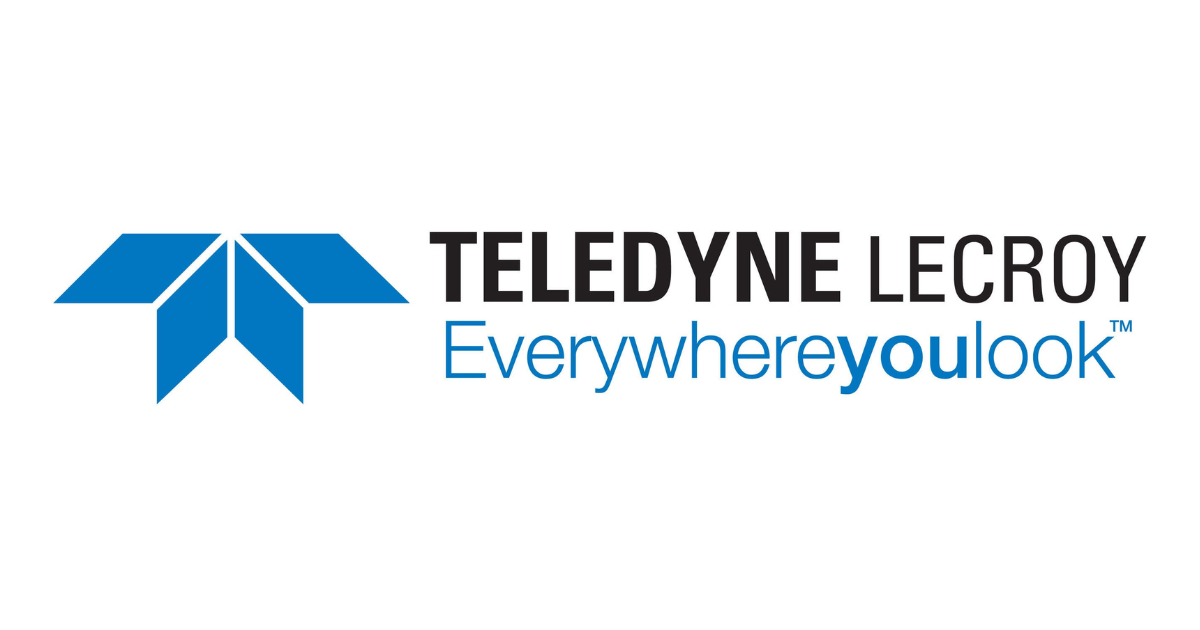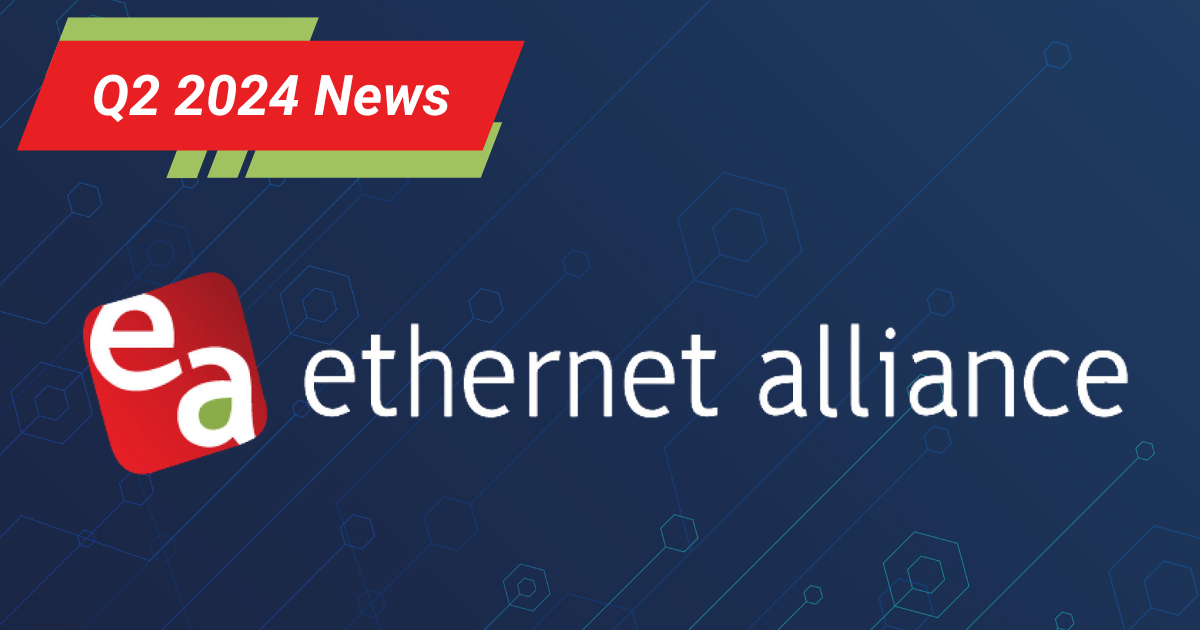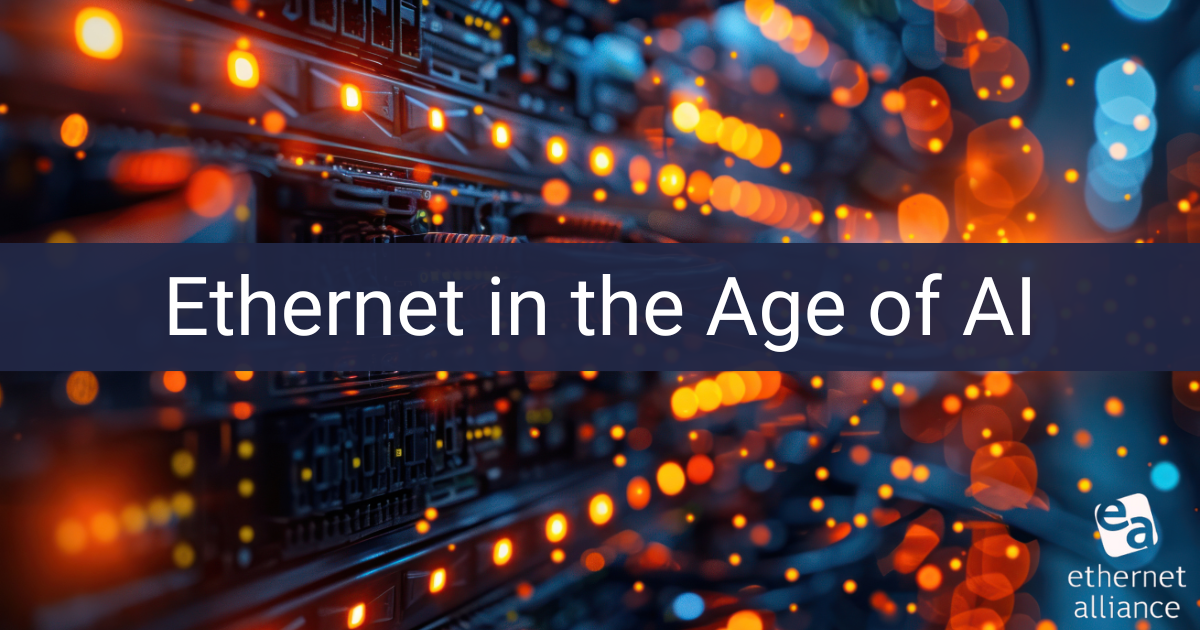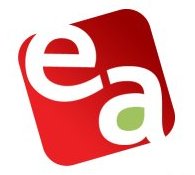The Voices of Ethernet: Preserving the Past as We Look to the Future, Part 3
Ethernet is everywhere. That’s not surprising, given its chameleon-like ability to adapt to changing conditions, environments, and technological advances. Its longevity as a technology is proof that it can easily handle whatever the world throws at it. But how did Ethernet come to be the number one networking protocol? It’s a fascinating tale of brilliant visionaries who saw the potential for unlimited innovation and ran with it.
The Ethernet Alliance captures Ethernet’s compelling history in its Voices of Ethernet oral archive. This series features the people behind the technology, preserving their intimate recollections and stories for future generations. Moderated by Ethernet Alliance Chair, Peter Jones of Cisco, these oral histories are a window into Ethernet’s past and what it took to bring it to the world.
In Part 3 of this journey through the Voices of Ethernet archive, we meet some of the most influential people behind the Ethernet standards process, including IEEE 802 LAN/MAN Standards Committee Chair Paul Nikolich; key Gigabit Ethernet architect David Cunningham, past IEEE 802.1 Working Group Chair Tony Jeffree; and past IEEE 802.3 Working Group Chair Robert Grow.
Paul Nikolich: Standards are critical
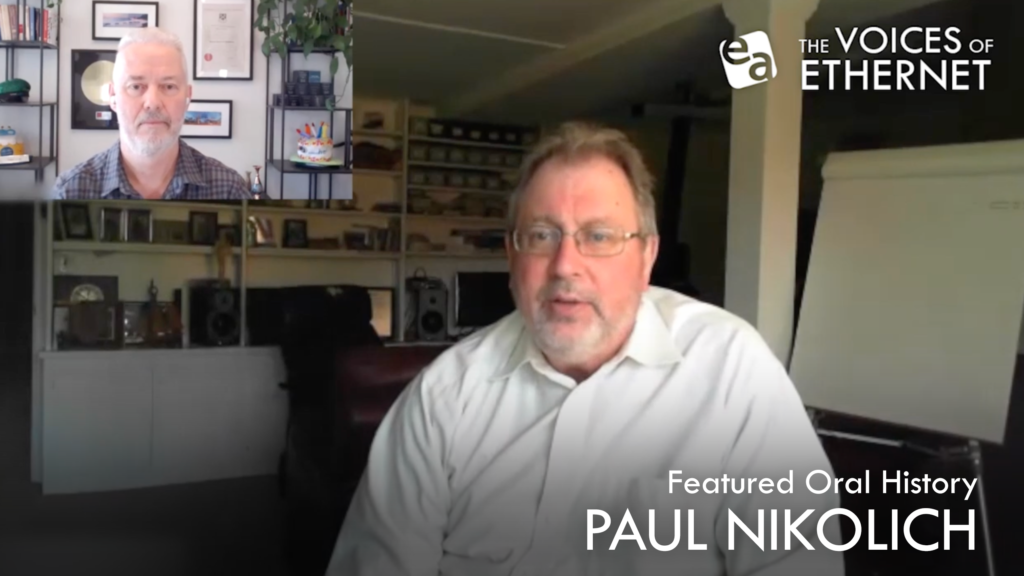
Chair of the IEEE 802 Working Group since 2001, Paul Nikolich relates how Ethernet serves as a prime example of how standards should work, from concept to deployment. He notes, “Fifty years, it’s been dramatic…the Ethernet group has been tremendously flexible in developing the interfaces for a wide range of target end applications very, very, successfully.” Watch the full interview here.
David Cunningham: Milestones in Ethernet’s evolution
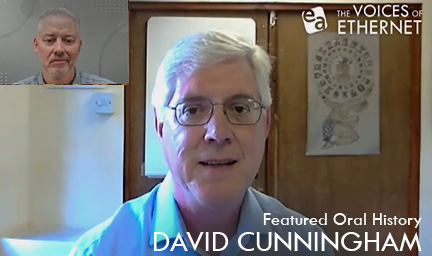
David Cunningham, Gigabit Ethernet Networking author and LAN/MAN standards expert, helped propel some of Ethernet’s most important milestones in its ongoing evolution. In his interview, he reflects on the standards development process, explaining “Ethernet is based on individual contributions. Companies can’t just walk in and take over. Everyone is expected to be an individual contributor, and all of the ideas have to be worked through in a fair and reasonable way. In the end, it’s very difficult because it’s quite likely that not all of your ideas are going to be accepted.” Watch the full interview here.
Tony Jeffree: Ubiquitous Ethernet
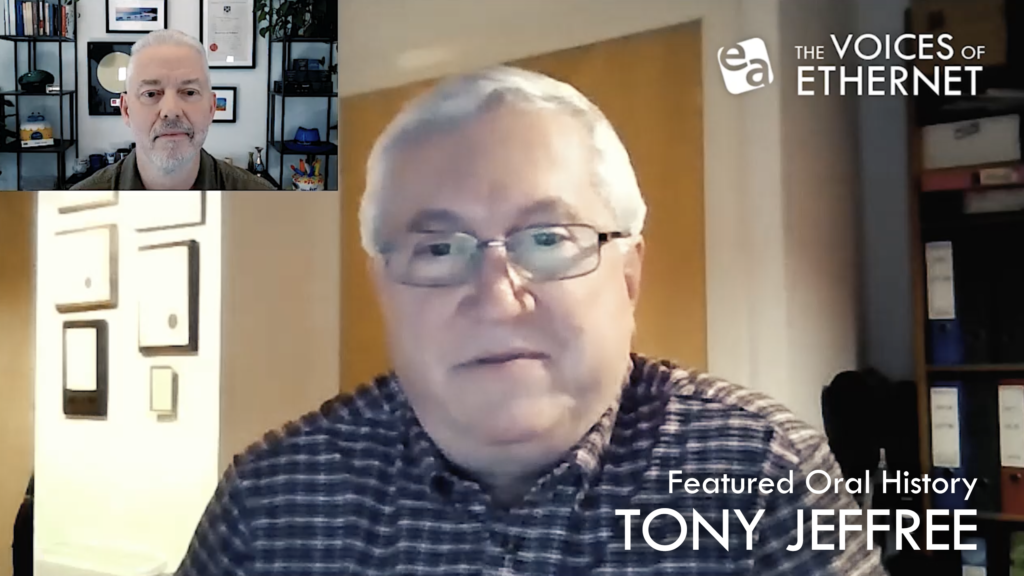
Tony Jeffree led the IEEE 802.1 Working Group for 14 years, where he played a crucial role in editing numerous standards. In his mind, Ethernet was the obvious way to go and he saw a bright future ahead. In his two-part interview, he shares, “…what people fail to realize about Ethernet is just how pervasive it is becoming. It’s not just about conventional data processing type activities and video conferencing and so on.” Watch the full interview here.
Robert Grow: Leading Ethernet into the future
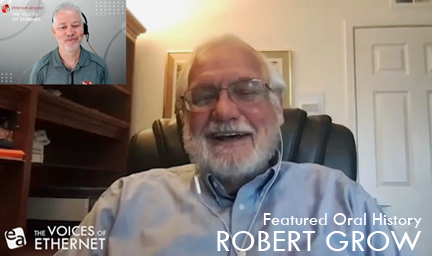
Robert Grow may have been a latecomer to the Ethernet party, but that doesn’t mean he was any less influential on its past, present, and future. His work throughout the years encompasses manifold projects that have extended the protocol’s capabilities. As he reflects, “Ethernet created the culture of success by providing an opportunity to participate in a meaningful way, to be able to develop products, leverage off the work of other companies and to do it in a cooperative way.” Watch the full interview here.
Preserving the Past as We Work on the Future
The Ethernet Alliance is committed to collecting the stories behind Ethernet. Remembering and learning about its storied past will help us all stay better informed as we work on shaping its future. Explore the Voices of Ethernet or nominate other individuals whose recollections should be captured for this important oral history archive. These engaging stories are available in both video and podcast format for convenient access.

